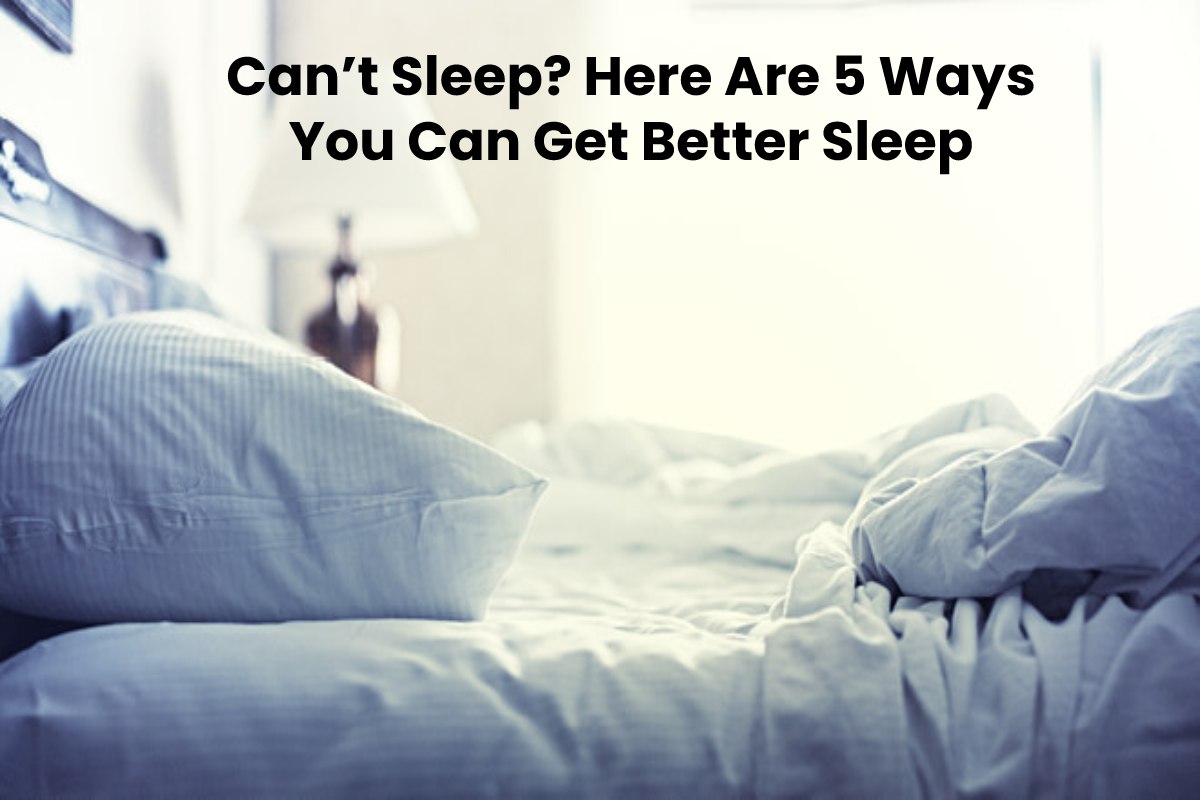
You know that you need to eat right and exercise your body to be healthy. But did you know that a good night’s sleep is equally important? Sleep directly affects your mental and physical health, and when you fall short, it can take a toll on your productivity, energy levels, weight, and emotional balance.
Unfortunately, sleep quality and quantity have declined over the last few decades. In fact, about 70 million Americans struggle with sleep. However, if you spend most of your nights tossing and turning, you can still get back control over the quality of your sleep. Use the following tips to enjoy better sleep at night.
Table of Contents
Expose your Body to more Bright light During the Day
You’ve probably heard of the circadian rhythm, which is your natural time-keeping clock. It directly affects your body, brain, and hormones by helping to keep you awake and telling your body when to sleep. To keep your circadian rhythm healthy, you need to expose your body to natural sunlight or bright artificial light during the day.
By doing this, you will boost your daytime energy and improve the quality and quantity of your nighttime sleep.
Don’t let the Bed Bugs Bite
You often use the expression “don’t let the bed bugs bite.” But you most likely don’t go to bed imagining tiny pests crawling in your bed. While most people think that bed bugs can only be found in filthy and rundown places, they’re easy to pick up and they can steal a ride on luggage, clothes, and hair.
Bed bugs are nocturnal, which means that they come out at night to feed on blood. People bitten by these pests can develop allergies, sores, and infections. They also tend to suffer from paranoia, loss of sleep, and insomnia. For these reasons, it’s important that you get rid of bed bugs if you suspect there’s an infestation.
Use your bed only for Sleep and Sex
Don’t get into the habit of using your bed as your office for responding to emails, surfing the internet, and making phone calls. In addition, avoid watching TV in your bed, especially until late in the night. Your bed should only be reserved for sleeping and sex, and not for wakefulness.
Infographic provided by Bel Furniture, one of the top bedroom furniture in Texas
Exercise more Regularly
According to Johns Hopkins Medicine, people who exercise more regularly feel less sleepy during the day and get a good night’s sleep. What’s more, exercising your body will improve symptoms of sleep apnea and insomnia, and increase the time you spend in deep sleep. However, for you to experience the full sleep-promoting effects, you need to time your exercises right.
Exercises increase body temperature, speed up metabolism, and stimulate important hormones like cortisol. Therefore, you may want to do your exercises in the morning or afternoon, and not too close to bedtime. Ideally, you should finish your workouts at least three hours before you go to sleep.
Avoid Consuming Caffeine 6 to 8 Hours Before Bedtime
80% of Americans consume caffeine to improve their focus, increase their energy levels, and boost sports performance. However, consuming caffeine a few hours before bedtime will stimulate your nervous system and prevent your body from relaxing at night. This is because caffeine remains in the blood for up to 8 hours. Therefore, avoid consuming caffeinated drinks late in the day, especially if you have trouble sleeping.
Summing Up
Sleep plays an important part in your overall health. However, if you’re having problems falling asleep and staying asleep for 7 to 8 hours day after day, this can become a serious problem. Apart from making you tired and moody, lack of sleep can increase your propensity for heart disease, obesity, and type 2 diabetes.
Therefore, make sleep your top priority by following the above tips.



